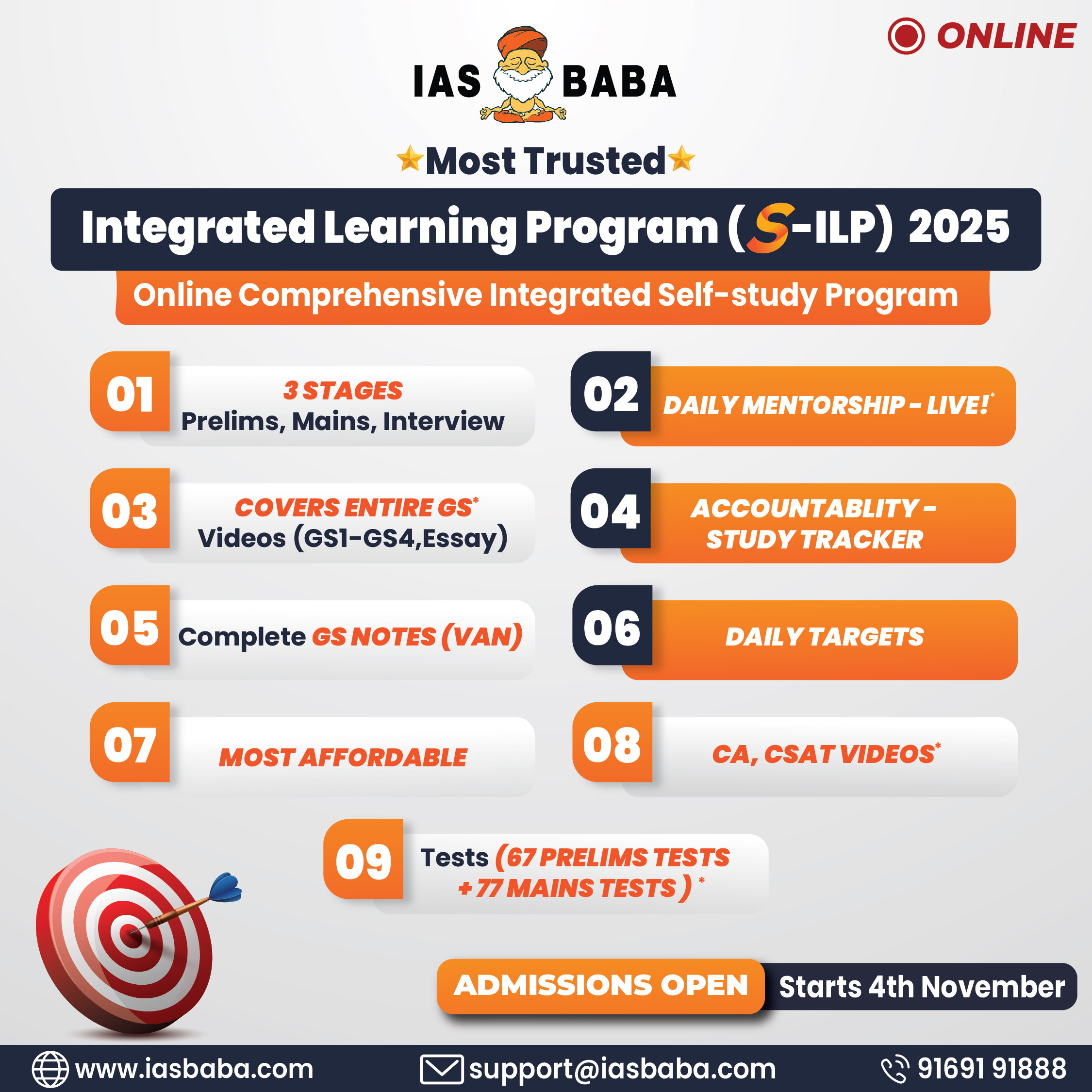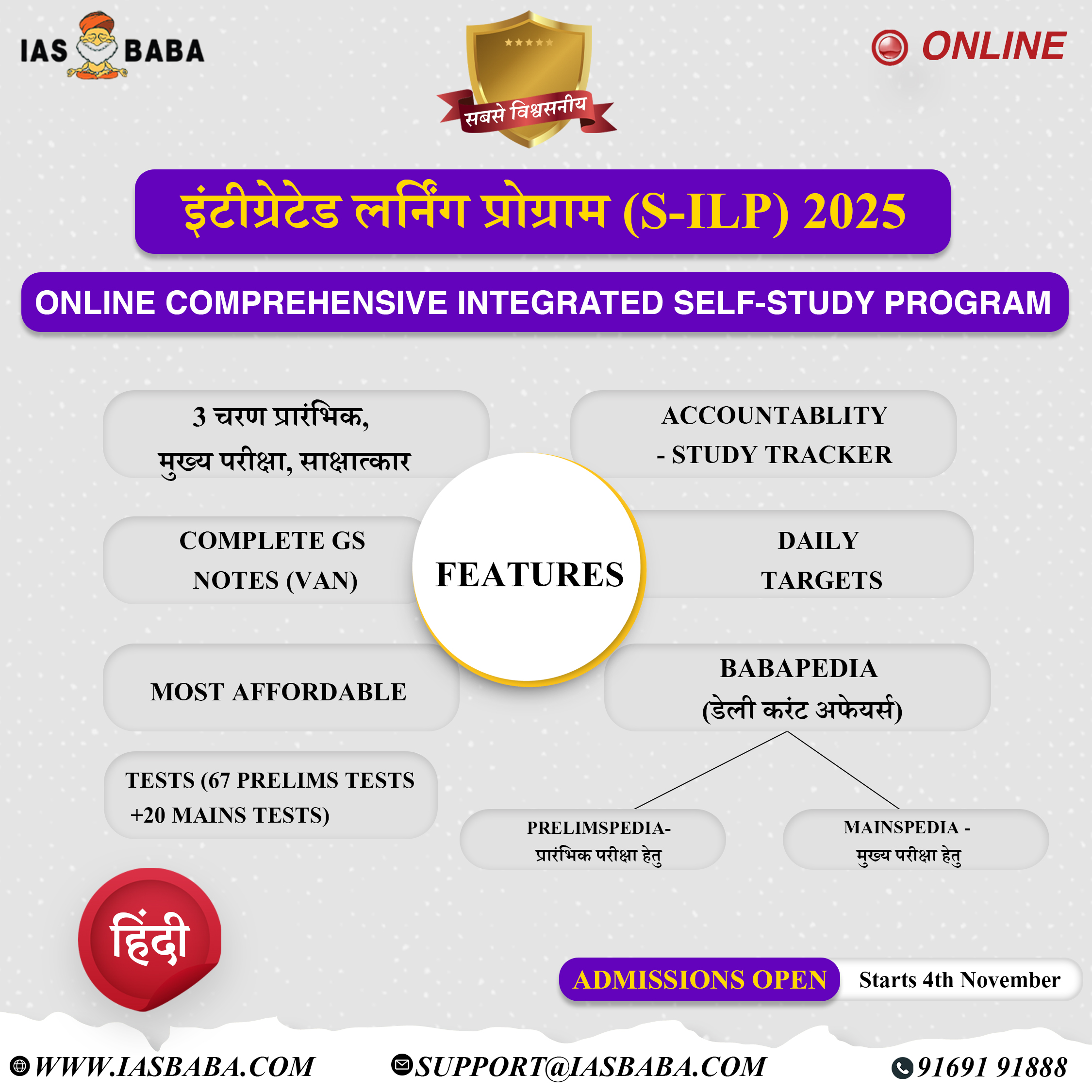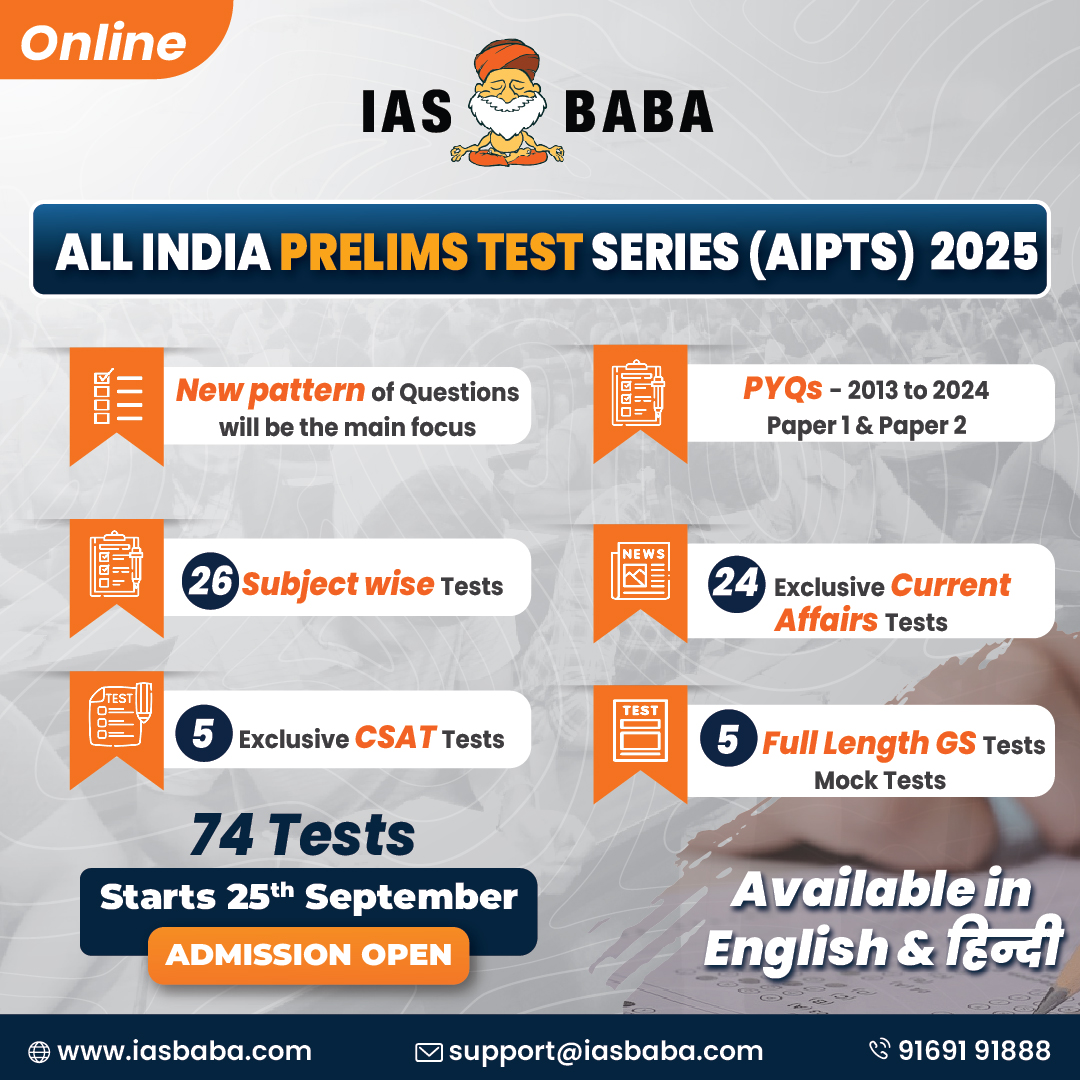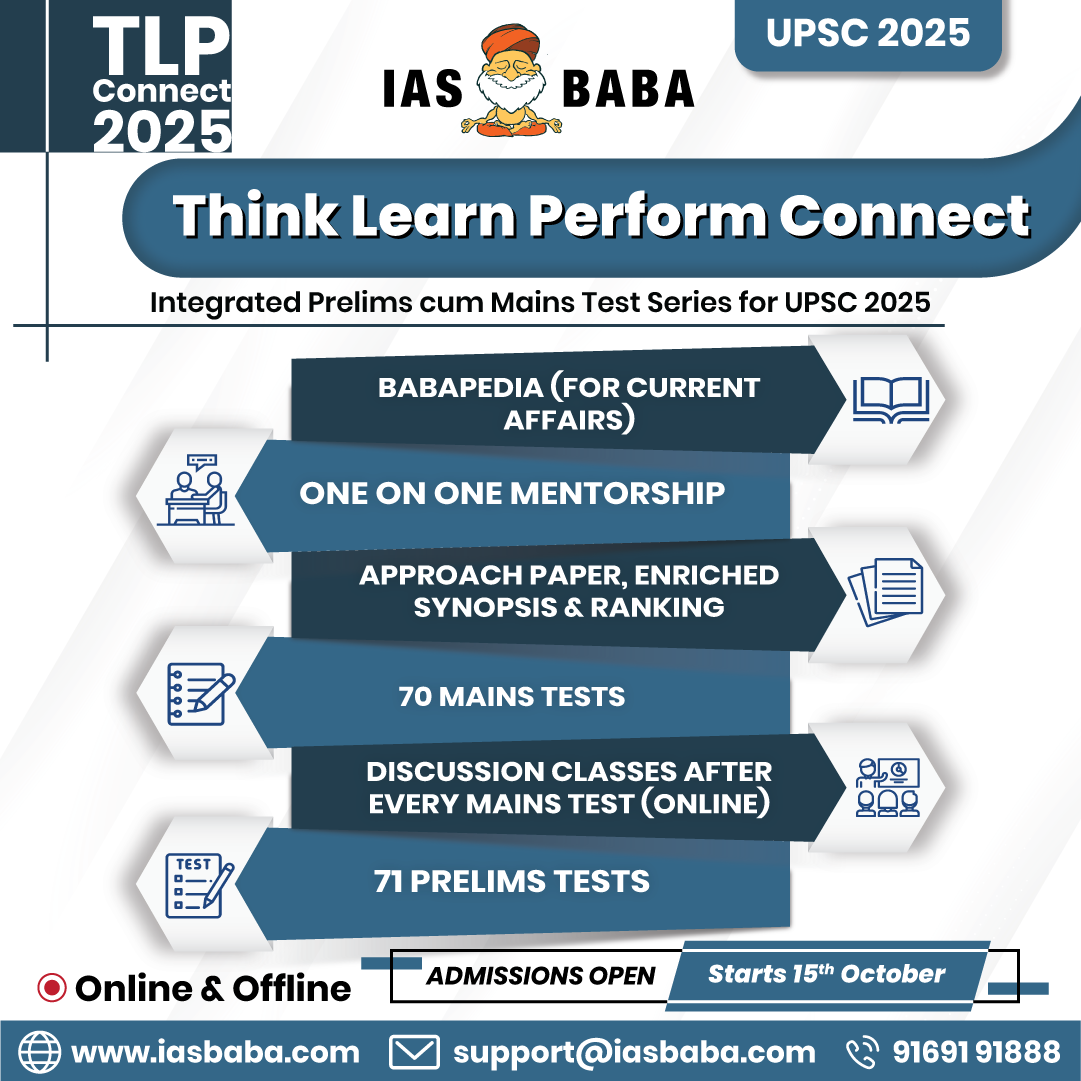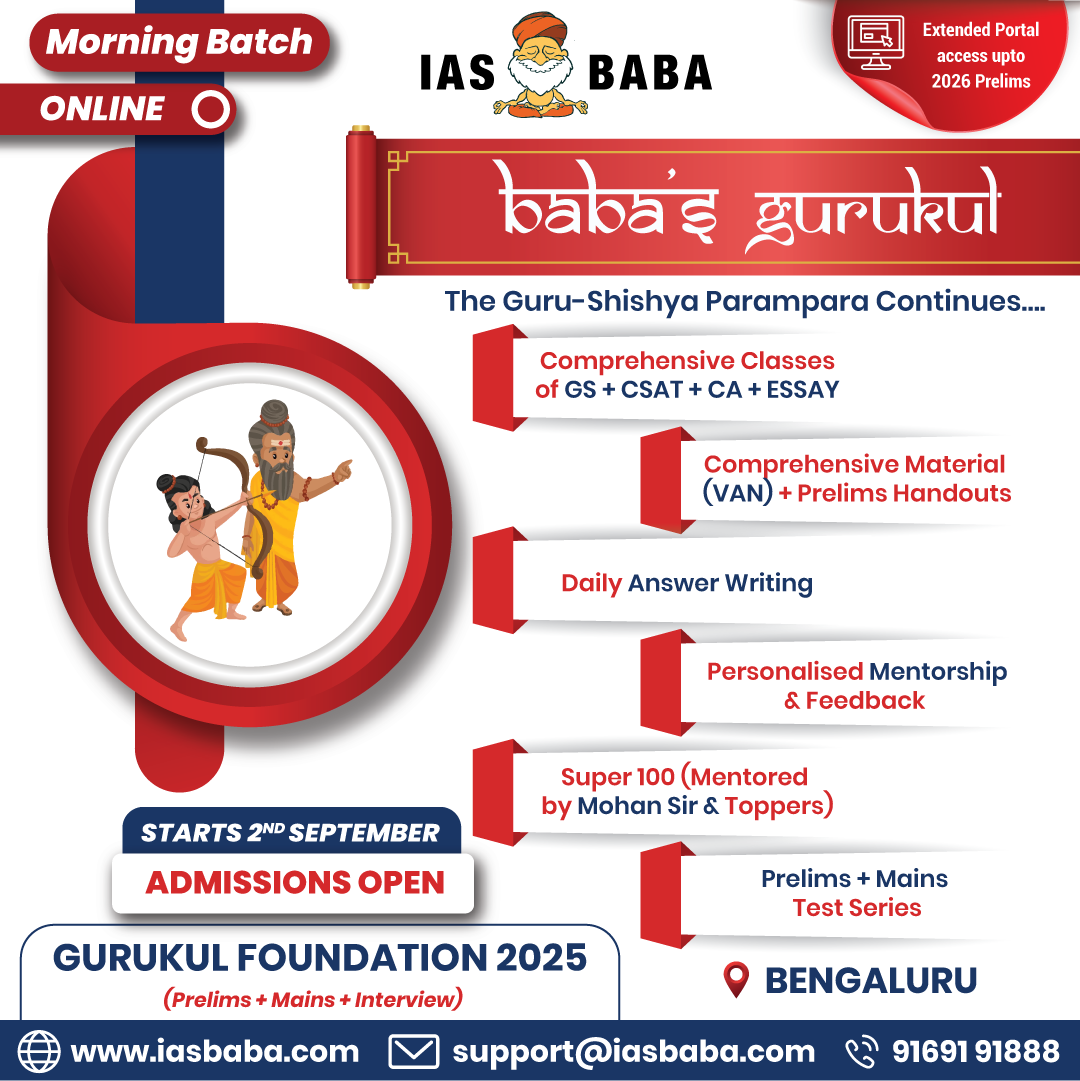UPSC Articles
GOVERNANCE/ ECONOMY/ SCIENCE & TECH
Topic: General Studies 2:
- Issues relating to development and management of health
- e-governance- applications, models, successes, limitations, and potential
National Digital Health Mission
Context: During the Independence Day Speech, PM Modi launched the National Digital Health Mission and said that the initiative which is completely technology based will revolutionise the health sector in India
What is the basic idea of NDHM?
- By Digital Health Infrastructure created by NDHM,instead of ferrying medical records in polythene bags from doctor to doctor, Indians will be able to access their lab reports, x-rays and prescriptions irrespective of where they were generated, and share them with doctors or family members — with consent.
What are the key features of NDHM?
- Six key building blocks or digital systems namely, HealthID, DigiDoctor, Health Facility Registry, Personal Health Records, e-Pharmacy & Telemedicine
- Unique Health ID: Every Indian under the mission would get an ID card containing all relevant information about his/her medical conditions and treatments, tests etc
- Comprehensive Health Profile: Ranging from doctor appointment to the medication prescribed, medical tests, every bit of detail will be available in the health profile of an individual across public and private healthcare.
- National Health Authority (NHA), the attached office of the Ministry of Health & Family Welfare has been given the mandate to design, build, roll-out and implement the NDHM in the country.
- Encouraging Private Players for promotion of Health Data Analytics &Medical Research
- Private stakeholders will have an equal opportunity to integrate with these building blocks and create their own products for the market.
- However, core activities and verifications, for example, generation of Health ID or approval of a doctor/facility shall remain with the government.
-
- Additional components, like Personal Health Record (PHR) and Electronic Medical Record (EMR) solutions can be developed by private players in line with the guidelines that will be issued.
Merits of NDHM
- CreatesDigital Health Ecosystem:It will reduce the existing gap between various stakeholders such as doctors, hospitals and other healthcare providers by bringing them together and connecting them in an integrated digital health infrastructure.
- Voluntary Scheme: The NDHM is a holistic, voluntary healthcare programme. While option of digital Health ID will be there, in case a person does not want Health ID, then also treatment needs to be provided.
- Data Safeguards: All products by private participants shall be as per official guidelines taking care of security, privacy and standards of the NDHM ecosystem
- Improves Healthcare Service Efficiency:The created Digital Health infrastructure enables users to obtain a longitudinal view of their healthcare records. Electric Medical Records will increase accountability, improves patient outcomes, and advances evidence-based policymaking.
- Addresses Healthcare Challenges: The Digital Healthinfrastructuregreatly reduces the risk of preventable medical errors and significantly increase quality of care.
- Reduces Information Asymmetry: The Digital datawill empower all Indians with the correct information and sources enabling them to take an informed decision to avail the best possible healthcare.
- Aligned with International Goals: NDHM will be a major stride towards achievement of the United Nations Sustainable Development Goal 3.8 of Universal Health Coverage, including financial risk protection
- Last Mile Connectivity Issue: The provision of promoting e-pharmacy & Telemedicine will enable people in rural areas access quality healthcare providers.
- Data Ownership issues addressed:
- The health data will reside at individual hospital servers in a federated architecture.
- Citizen will own his/ her health data and would require consent to share data.
- All the basic registries of patients/hospital/medical professionals that enable data sharing will be owned by a government entity.
Challenges Ahead
- Cannot be a Substitution: Digitalisation is welcome but is no substitute for inadequate human resources and infrastructure in the health sector.
- Doesn’t address core concern of Health care sector:The real issue in India’s health sector is the abject lack of primary health facilities in much of India.
- Digital awareness about the utility of the scheme is needed for its successful adoption by beneficiaries so that it eases the process and not
- To enable seamless data exchange, all users (pharmacists, laboratories, radiology clinics, insurers and hospitals) must be incentivised to adopt a standard language of communication
Did You Know about similar project by UK?
- In 2005, the UK’s National Health Service (NHS) started deployment of an electronic health record systems with a goal to have all patients with a centralised electronic health record by 2010.
- While several hospitals acquired electronic patient records systems as part of this process, there was no national healthcare information exchange.
- The project had been beset by changing specifications, technical challenges and clashes with suppliers, which left it years behind schedule and way over cost.
- The program was ultimately dismantled after a cost to the UK taxpayer was more than £12 billion, and is considered one of the most expensive healthcare IT failures.



